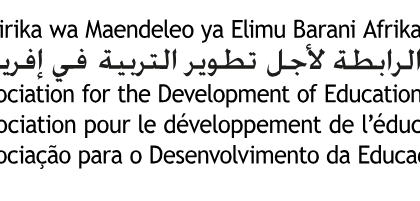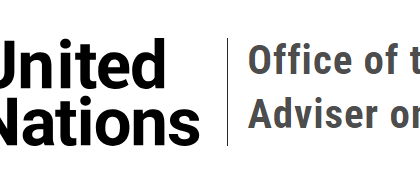Science, Technology and Innovation (STI) are expected to play a significant role in the success of the United Nations (UN) 2030 Agenda and the African ‘Union’s (AU) Agenda 2063. Both are very articulate about sustainable development being underpinned by science, technology, innovation and scientific research. As experienced during the response to COVID-19, technology is a powerful tool to increase the resilience of our societies and promote growth. Innovations are powering the fourth industrial revolution and have become indispensable for thriving in a fast-changing world with new and emerging challenges and opportunities. These technological innovations have something in common: they are anchored on solid scientific knowledge, cutting edge technology, advanced engineering and mathematical skills, which can be acquired through Science, Technology, Engineering and Mathematics (STEM) education and training. Over the last three decades, there has been a global wave of market liberalization that has led some nations to enhance how they master and utilize STEM as key determinants of economic growth, development, and security. In response, most African countries have developed national policies that promote STEM education. Though educational policies that promote STEM education are often coherent with national development visions, there is often a gap between policy and practice. As a result, African countries still fall behind in STEM education outputs compared to the rest of the world (see chart 1).

Moreover, the lack of implementation of STEM plans in African countries has further exacerbated the economic development gap between Africa and the rest of the world, undermining African countries’ innovation capacities.
https://www.un.org/osaa/sites/www.un.org.osaa/files/un_brand_report_web_august_2020_v36928.pdf





